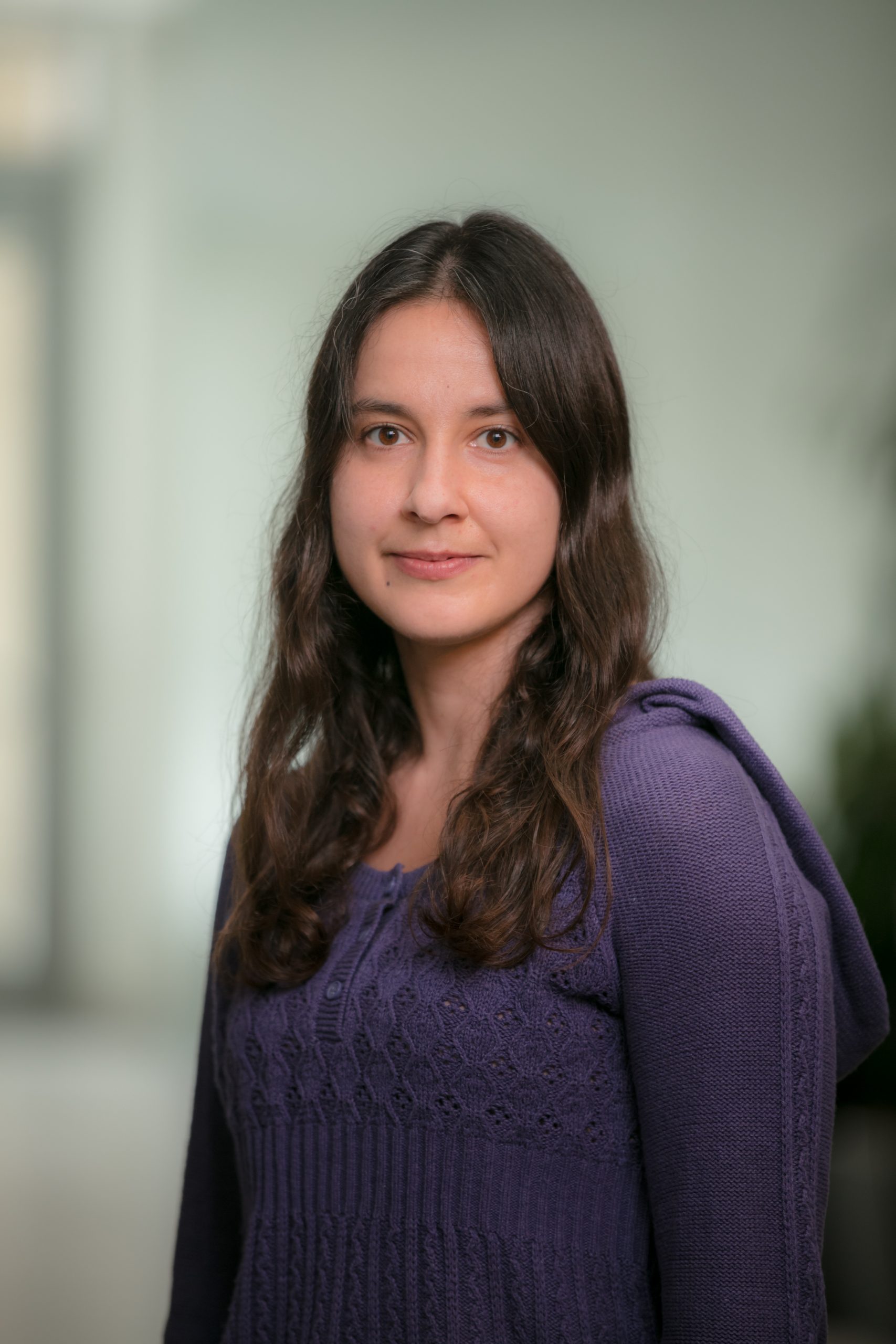Assistant Professor
Department of Genetics
Lineberger Comprehensive Cancer Center
Curriculum in Genetics and Molecular Biology
Curriculum in Cellular Biology and Physiology
8001-B Burnett-Womack Building
160 Dental Circle
919-962-5440
Research
We aim to decipher the epigenetic and transcriptional mechanisms that shape T-cell lineage choice and commitment. We are studying epigenetic regulators that fine-tune gene expression and define T-cell lineage fate. We ask how aberrations in this process can result in malignant transformation and cancer emergence. Another interest is how aberrant T -cell differentiation can compromise immune response. So, our foundation is a very basic biological process: establishment of T-cell fate. By gaining understanding of this fundamental developmental process we expand on unlimited translational possibilities.
We are particularly interested in the Ten Eleven Translocation (TET) family of proteins that consists of 3 members; TET1, TET2 and TET3. TET proteins are instrumental in the process of DNA demethylation. Via their catalytic function can oxidize 5 methylcytosine (5mC) to 5 hydroxymethylcytosine (5hmC). Aberrant DNA methylation has been reported in various cancers. Importantly, Tet2 is one of the most frequently mutated genes in hematological malignancies. Moreover, studies using various mouse models have demonstrated that TET proteins can act as tumor suppressors.
Our approach: We are using genetically modified mice to interrogate the function of these molecules specifically in T-cells. Aberrant expression of these factors can impact T-cell differentiation and function and ultimately result in inflammation, autoimmunity or malignant transformation (T-cell leukemias and lymphomas).To answer our questions we are using gene-deficient mouse models, primary cell culture, multiparameter Flow Cytometry, molecular biology assays, and next-generation sequencing technologies to elucidate the regulatory information in cells of interest (transcriptome, epigenome, transcription factor occupancy).
Our goal: Understanding the differences between physiological versus pathological T-cell differentiation and immune response is fundamental in order to manipulate T-cells to design better, more efficient therapies while minimizing side effects. Thus, our research is highly translational and our ultimate goal is to combat human disease.
Pubmed: https://www.ncbi.nlm.nih.gov/myncbi/aggeliki.tsagaratou.1/bibliography/public/

